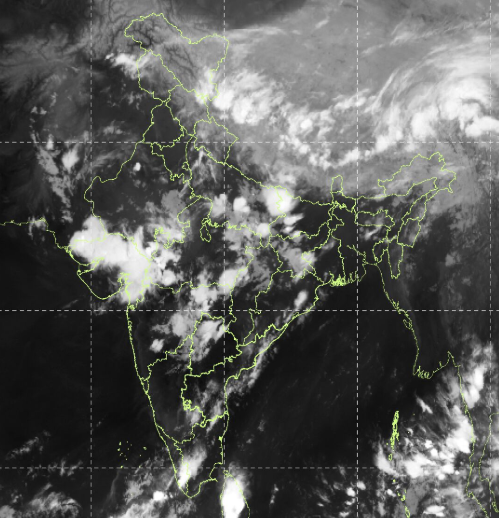
On April 10, 2025, the U.S. Supreme Court delivered a significant ruling mandating the Trump administration to facilitate the return of Kilmar Abrego Garcia, a Salvadoran national who was wrongfully deported from Maryland to El Salvador despite legal protections against his removal.
Background of the Case
Kilmar Abrego Garcia, 29, fled gang violence in El Salvador and settled in Maryland around 2011. He built a life in the U.S., working in construction, marrying a U.S. citizen, and raising three children with disabilities. In 2019, an immigration judge granted him protection from deportation due to credible fears of gang persecution, although his asylum request was denied. Despite this legal safeguard, Garcia was deported in March 2025, an action the Trump administration later acknowledged as an “administrative error.”
Supreme Court’s Decision
The Supreme Court unanimously ruled that the federal government must “facilitate” Garcia’s return to the U.S., upholding a lower court’s order. However, the Court removed a specific deadline for his return and remanded the case for further proceedings to determine how to effectuate his release from CECOT, a notorious Salvadoran prison where he is currently detained.
Legal and Human Rights Implications
The ruling underscores the judiciary’s role in checking executive actions, particularly concerning immigration enforcement. Justice Sonia Sotomayor criticized the government’s position, emphasizing accountability for wrongful deportations. The case highlights tensions between judicial authority and executive control in foreign relations, as well as questions of due process and immigration enforcement.
Broader Context
This decision arrives amid heightened scrutiny of the Trump administration’s immigration policies, including expedited deportations and limited judicial oversight. The case of Kilmar Abrego Garcia serves as a poignant example of the potential consequences of administrative errors in immigration enforcement and the importance of judicial oversight to protect individual rights.








